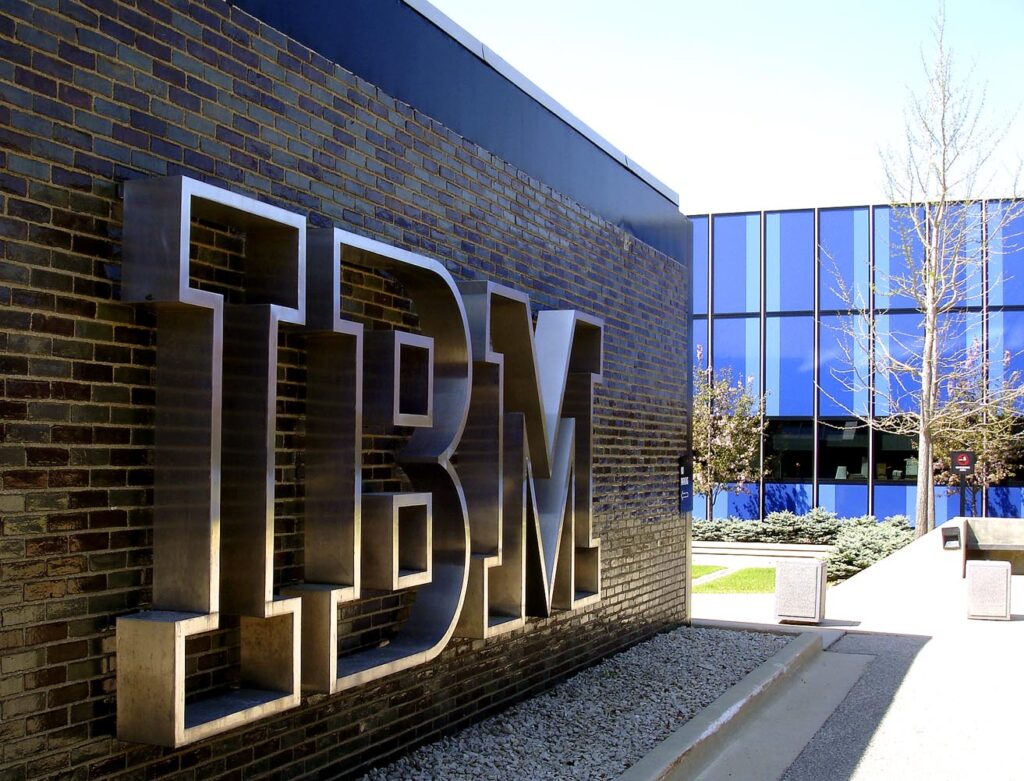Sometimes we get bombarded by countless statistics that we just feel numb. This is especially true in the sustainability space, where there are so many forecasts it’s hard for any one thing to change your baseline awareness. Despite all that, I recently caught two data points that made me pause:
- Every year, over 21 million people are displaced due to climate-change-driven events. That’s over 30x the population of Las Vegas.
- By 2050 that there could be more plastics, by weight, than fish in the ocean.
Did your jaw drop? Mine did. While it’s great that 86 percent of organizations have a sustainability strategy, only 35 percent have, according to IBM research, executed it. How do we accelerate? In my opinion, we need small and fast initiatives that organizations can realistically launch. Speed is everything; we simply don’t have time for the alternative.
This is why the Oracle team at IBM Consulting is investing in solutions that can drive incremental progress on the 17 Sustainable Development Goals laid down by the UN. Let’s first look at supply chains, which hold the key to sustainable, circular, and measurable change. From designing better distribution networks to biodegradable packaging, initiatives in this space provide the triple whammy of lowering the carbon footprint, decreasing costs and helping improve customer satisfaction. Supply chains outside of the direct organization are just as important to measure: every link in the chain contributes. To make this measurement possible, we built a solution centered in Oracle SCM Cloud to evaluate suppliers not just by financial performance, but also ESG performance. When integrated with external agencies such as Ecovadis, we can pull data and translate it into a configurable scoring model.
And this matters. Sustainability isn’t seen as a “luxury good.” In a recent global poll by IBM, 80 percent of consumers said they would pay a price premium to buy from sustainability-focused organizations. And it’s not a small premium: 43 percent of consumers are willing to pay a 100 percent premium to support brands with a purpose; that’s 5x higher than in 2019. So now to the triple whammy we can add two more benefits: brand and profit. Some might even call it an existential reason to act.
Let’s look at a second example. The traumatic events of the past two-three years have had many people rethinking their priorities and redefining responsibility. More than ever, consumers now see that sustainability and wellness go hand in hand. Before COVID-19, sustainability strategies were largely centered on environmental issues: pollution and climate change. Now, faced with a global health crisis, environmental sustainability has become fused with issues of personal safety and well-being. For the organization this poses a big challenge. When surveyed, less than 40 percent of employees had a positive view of their employer’s support for physical and emotional health.
This is why we introduced a complete employee sustainability journey that educates, inspires and rewards people to work together and achieve sustainability goals. Integrated into Oracle HCM Cloud, the GreenHR platform enables employees to earn “green points” for making choices that support health, well-being and more. For example, these could include choosing sustainable transport to work or using a reusable drinks container. And better still, you can spend your points on sustainable initiatives. The solution also establishes a terrific upside in talent acquisition and retention since 80 percent of millennials demonstrate greater loyalty to employers that encourage social and environmental initiatives.
The bottom line? It’s not so difficult to get started on sustainability. Small, meaningful initiatives can get people and organizations engaged and accountable – and even affect the bottom line.






